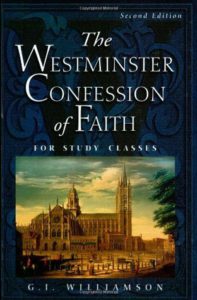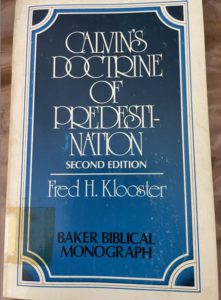
Modern Philosophy Part 1: From Descartes to Hegel
Lecturer: Dr. Ng Kam Weng
The scientific revolution in the 16th -18th century created a radically new conception of the world which challenged the traditional worldview based on Aristotelian philosophy and medieval Christian thought. This seminar examines how European philosophers represented by Rene Descartes, David Hume, Kant and Hegel reformulated philosophy in response to the increasingly dominant scientific worldview of their times.
Class Schedule – 27/05; 24/06; 29/07; 26/08; 30/09; 28/10 (bonus week, to be confirmed).
The seminar will be conducted every last Saturday of the month from 10.00 am to 12.00 noon. Class begins from 27 May 2023, if the minimum number of registered students is satisfied.
Venue:
Kairos Research Centre, 19B, Jalan SS 22/19, Petaling Jaya 47300. [Revised on 27 Jan 2023]. Continue reading “Kairos Seminar on Modern Philosophy and Christian Thought. Part 1”

 350 pages, 8.3” x 5.8” x 0.85”
350 pages, 8.3” x 5.8” x 0.85” Calvin’s doctrine of predestination (election and reprobation) is not a product of philosophical deduction. It is a result of Calvin’s exegesis of Scripture. Calvin gives two concise definitions of predestination:
Calvin’s doctrine of predestination (election and reprobation) is not a product of philosophical deduction. It is a result of Calvin’s exegesis of Scripture. Calvin gives two concise definitions of predestination: